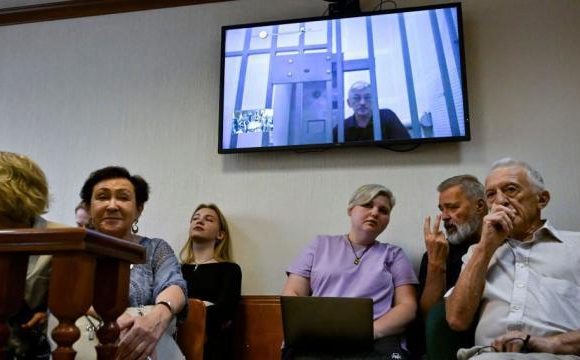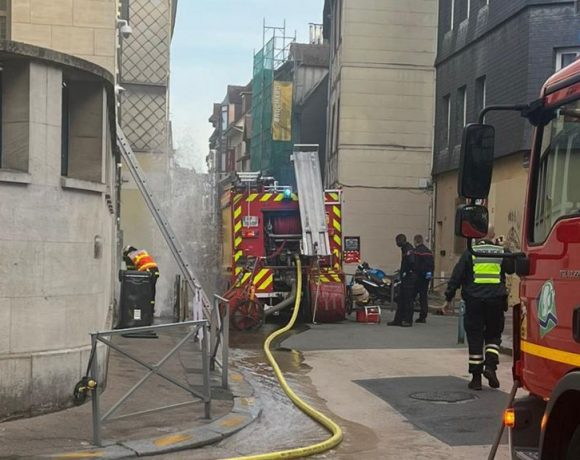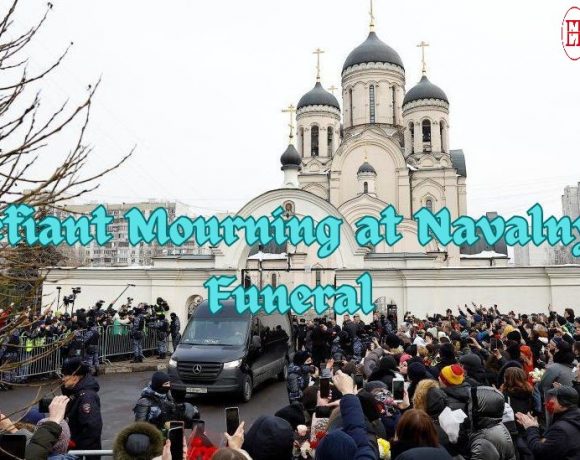
As France marks ten years since the deadly Bataclan attacks, the nation faces renewed reminders of the enduring jihadist threat. Authorities have arrested Maëva B, a 27-year-old French convert linked to Salah Abdeslam, the only surviving attacker from November 2015, on suspicion of plotting a violent act. The arrest underscores the persistence of home-grown extremism, even as large-scale terror plots have diminished following the fall of the Islamic State.
The coordinated Paris attacks on 13 November 2015 killed 130 people and wounded hundreds more, becoming a defining moment in France’s modern history. Since then, intelligence agencies have strengthened counter-terror capabilities, yet experts warn of “ambient jihadism” — a decentralized, ideology-driven threat fueled by social networks, political polarization, and global conflicts like the Israel-Gaza war.
Thursday’s national commemorations include tributes at attack sites, the opening of a memorial garden, and the illumination of the Eiffel Tower in France’s tricolour. Survivors continue to share how their lives were forever altered, while Abdeslam’s offer to participate in “restorative justice” has drawn outrage from victims’ families, who insist terrorism cannot be treated as an ordinary crime.
Pic Courtesy: google/ images are subject to copyright



